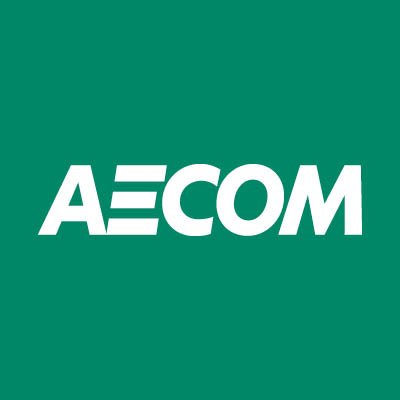About Business:
Adani Group: Adani Group is a diversified organisation in India comprising 10 publicly traded companies. It has created a world class logistics and utility infrastructure portfolio that has a pan-India presence. Adani Group is headquartered in Ahmedabad, in the state of Gujarat, India. Over the years, Adani Group has positioned itself to be the market leader in its logistics and energy businesses focusing on large scale infrastructure development in India with O&M practices benchmarked to global standards. With four IG rated businesses, it is the only Infrastructure Investment Grade issuer in India.
Wind Turbine Generator (WTG): Adani Wind Turbine Generators (WTG) is a leading player in the renewable energy sector, specializing in the design, manufacturing, and installation of high-performance wind turbine systems. With a commitment to sustainability, Adani WTGs deliver efficient and reliable energy solutions, contributing to clean power generation across global markets.
Job Purpose:
The Engineer - Moulding (QA Blade) conducts inspections of blade molding processes, monitoring key parameters and validating incoming materials to ensure consistent quality. This role documents inspection results, supports process improvement efforts, and ensures compliance with molding standards. The position collaborates with production teams, provides training on inspection techniques, and adheres to safety protocols in blade manufacturing.
Composite Materials Quality Assurance:
- Conduct thorough inspections and testing of composite materials to ensure they meet the required standards for blade moulding.
- Collaborate with material suppliers to address any quality issues and to improve the material properties for enhanced blade performance.
Inspection of Blade Moulding Processes
- Conduct in-process inspections during blade molding, focusing on critical parameters such as fiber layup, resin application, and curing profiles.
- Use specialized equipment such as laser scanners and ultrasound probes to detect defects like delamination's, voids, and improper fiber orientations.
Monitoring Moulding Parameters
- Monitor key molding parameters, including temperature, pressure, and vacuum levels, ensuring they are within specified limits for optimal blade quality.
- Adjust process settings as needed to prevent defects and ensure consistent quality throughout the blade.
Non-Conformance Management and Corrective Actions
- Identify and document non-conformances in molding and finishing processes, coordinating with production teams to implement corrective actions.
- Utilize root cause analysis techniques such as Fishbone Diagrams and 5-Why Analysis to address defects in the blade manufacturing process.
Supplier Material Validation
- Inspect incoming materials for molding, including fiberglass and resins, ensuring they meet specifications for strength, flexibility, and moisture content.
- Conduct sample testing of materials to verify consistency and suitability for the molding process.
Documentation and Reporting of Inspection Results
- Maintain detailed records of all molding inspections, including process parameters, defect observations, and corrective actions taken.
- Ensure inspection reports are accurately completed and available for quality audits and process reviews.
Support for Process Improvement
- Support for the new material trials in moulding, collect and record the trial data and submit the report to supplier quality. Provide feedback on molding process performance, identifying areas for improvement and suggesting changes to enhance blade quality.
- Participate in process trials for new materials and technologies, assessing their impact on molding quality.
Compliance with Moulding Standards
- Ensure all molding processes comply with relevant standards such as IEC 61400-23 and internal specifications for blade manufacturing.
- Stay updated on new molding techniques and best practices to continuously improve process control and quality.
Team Collaboration and Support
- Work closely with production operators to ensure quality requirements are clearly understood and implemented during the molding process.
- Assist in training operators and inspectors on the correct use of inspection tools and adherence to quality standards.
Safety and Process Adherence
- Follow all safety protocols during inspections, including handling of chemicals and operation of molding equipment.
- Ensure that all molding activities are conducted in accordance with standard operating procedures and quality guidelines.
Key Stakeholders - Internal:
- Lead - Finishing /Moulding/ Supplier (QA Blade)
- Moulding Inspector (QA Blade)
- Head - Supplier Quality Mechanical (QA)
- Executive - Mould Installation
- Engineer - Finishing (QA Blade)
- Lead - Industrialization / Blade Process
- Blade Production
- Blade Process / tooling
- Blade Engineering
Key Stakeholders - External:
- External auditors
- Calibration Laboratory
Educational Background:
- Bachelor’s degree in mechanical engineering or Materials Science.
Work Experience:
- 6+ years of experience in quality assurance for molding processes in composite or blade manufacturing.
Industry Knowledge:
- Expertise in molding inspection techniques, process control, and compliance with relevant manufacturing standards.



